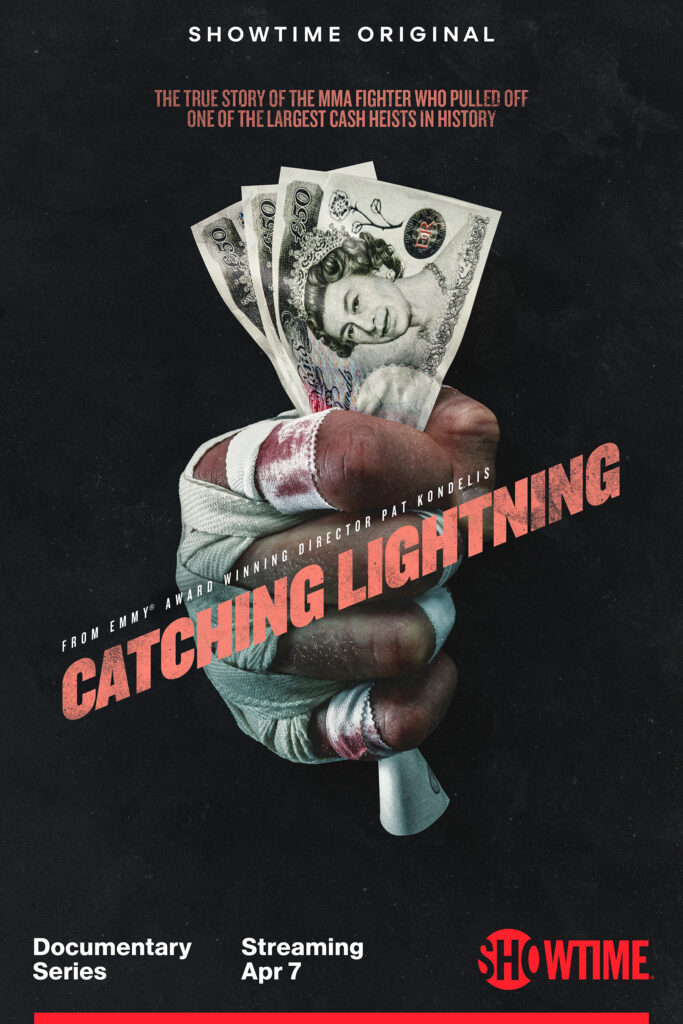Because life is short and summer tests my patience, and...
off broadway
Coincidentally, two of the more satisfying evenings I’ve had...
I did something at the theater the other night...
With some shows it’s love at first sight –...
Let me state the obvious: Carrie is a curious...
Most unproduced scripts remain so for a good reason:...
I never saw the original Gazillion Bubble Show so...
I wish I had something substantive to say about...













